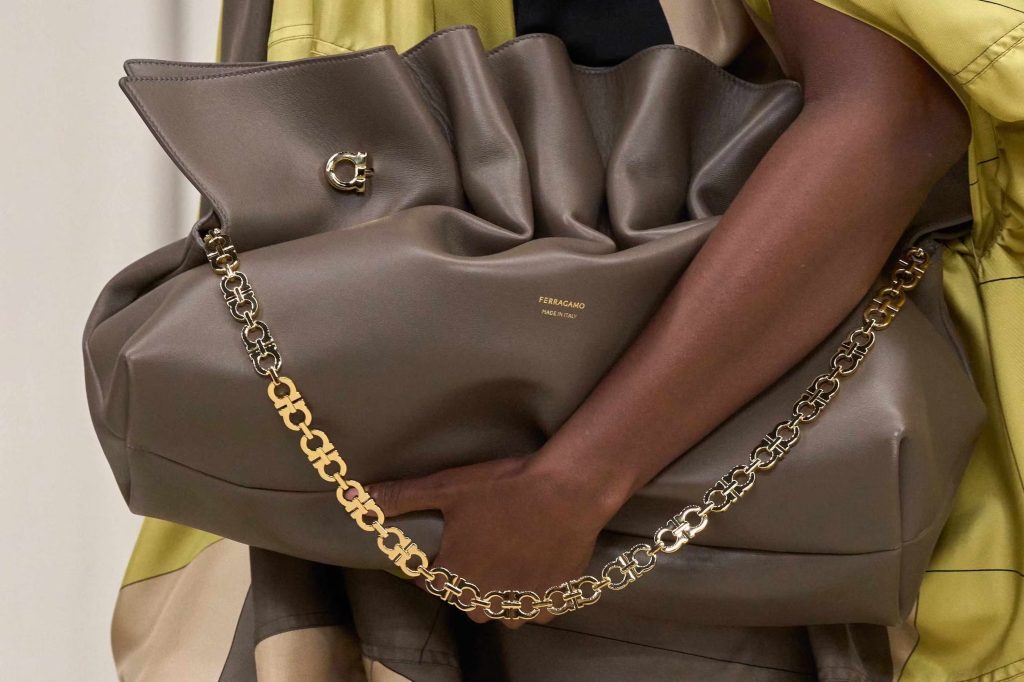The replica handbag industry has emerged as a billion-dollar global market, driven by the insatiable demand for luxury brands without the accompanying price tags. This phenomenon is largely fueled by the perception of prestige and status associated with owning high-end designer handbags. Brands such as Louis Vuitton, Chanel, and Gucci command astronomical prices, often exceeding thousands of dollars for a single piece. Consequently, many consumers are drawn to the allure of replicas, which offer similar aesthetics at a fraction of the cost. This trend is not merely a matter of vanity; it reflects broader socio-economic dynamics, where the desire for luxury goods intersects with issues of affordability and consumer culture. The growing accessibility of replica handbags through online marketplaces has further exacerbated this trend, making it easier for consumers to acquire these items without significant financial investment.

The economic implications of the Replica Bags market are profound. On one hand, it generates substantial revenue for manufacturers, retailers, and online platforms that specialize in replicas. This segment of the fashion industry thrives on the ingenuity of artisans who replicate luxury designs with varying degrees of quality, leading to a range of products that can appeal to different consumer demographics. Furthermore, the replica market provides jobs and livelihoods in regions where traditional manufacturing jobs may be scarce, particularly in developing countries. However, this thriving market raises critical ethical and legal questions. Luxury brands invest heavily in branding, marketing, and craftsmanship, and the proliferation of replicas undermines their intellectual property rights. As a result, these companies often engage in costly legal battles to protect their trademarks and maintain brand integrity, which can divert resources away from innovation and customer service.
In response to the challenges posed by the replica handbag market, luxury brands are exploring innovative strategies to maintain their relevance and protect their market share. Some brands are turning to technology, employing blockchain to verify the authenticity of their products and create a more transparent supply chain. Others are focusing on enhancing customer experiences through exclusive services and personalized offerings that reinforce brand loyalty. Moreover, luxury brands are increasingly embracing the principles of sustainability and ethical production, recognizing that modern consumers are becoming more conscious of the ethical implications of their purchases. By addressing these issues, luxury brands can differentiate themselves from the replica market and cultivate a consumer base that values authenticity and quality over mere appearance. Ultimately, the economics of the replica handbag industry reflect a complex interplay of consumer behavior, brand value, and ethical considerations, necessitating a nuanced approach from both consumers and luxury brands alike.
